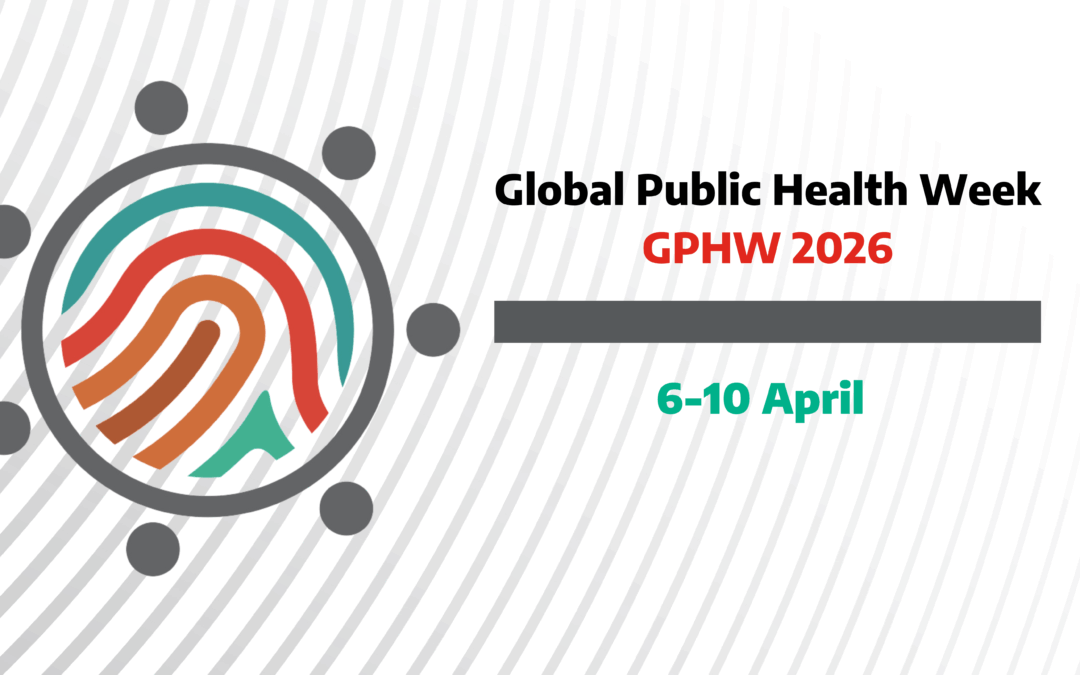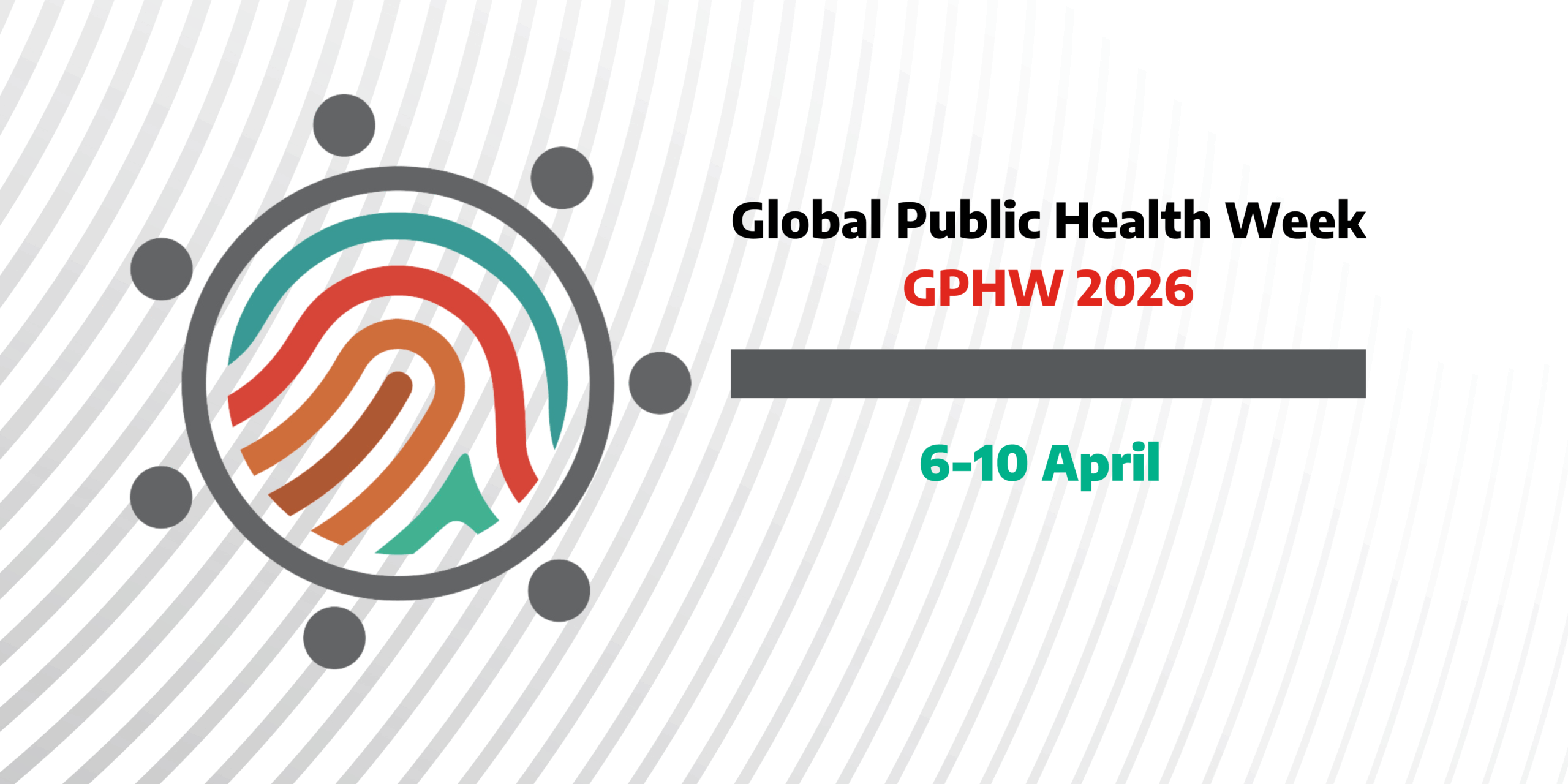
Day 2: GPHW2026

Global Public Health Week Day 2 Events
News
Mar 24, 2025
Global Public Health Week 2025: Day 2 – Protecting Health Systems in Times of Crisis – Tuesday, April 7th
Focus: Resilient systems and the safety of health workers.
Conflict and insecurity destroy health infrastructure and threaten those who deliver care. This day emphasizes preparedness, continuity of essential services, and protection of health professionals as pillars of both peacebuilding and health security.
While we finalize the list for 2026, have a look at our past events from last year to see what to expect:
| Time | Event | Format | Link |
| 10:00 AM CEST | Perspectives from Young Professionals: Insights from Francelly Jimenez | Video (English) | Watch here |
| 10:00 AM CEST | Perspectives from Young Professionals: Insights from Zara Ahmed | Video (English) | Watch here |
| 2:00 PM IST / 10:30 AM CEST | Bridging the Gap: Culturally Responsive Mental Health Interventions | Webinar (English) | Register here |
| 10:00 AM GMT / 11:00 AM CEST | The Role of Social Determinants in Health Equity | Webinar (English) | Register here |
| 12:00 PM EET / 11:00 AM CEST | Public Health in Emergencies & Disasters | Webinar (English) | Contact: Dr. Duha Shellah: duhashella@gmail.com |
| 1:00 PM EAT / 12:00 PM CEST | Public Health in Action: A Case of Uganda | Seminar/Webinar (English) | Register here |
| 12:00 PM CEST | Health Communication and Education in a Changing Climate | Seminar/Webinar (English) | Register here |
|
12:00 PM CEST |
How to leverage AI into Public Health; youth perspectives |
Virtual networking (Arabic, English, French) | Register here |
| 1:00 PM CEST | Pasteur Network Climate and Health Accelerator | Webinar (English) | Register here |
| 2:00 PM CEST | Health Diplomacy in a Changing Rules-Based Order | Webinar (Spanish with English live caption translation) | Register here |
| 3:00 PM Tunisia / 3:00 PM CEST | Combating Drugs and Their Impact on Public Health | Webinar (Arabic and English) | Contact: ASSOCIATION TUNISIENNE POUR LA PROMOTION DE LA SANTE |
| 3:00 PM GMT / 4:00 PM CEST | Decolonizing Public Health in Africa & the Tropics | Webinar (English) | Register here |
| 6:00 PM EAT / 4:00 PM CEST | Learning from Young African Public Health Experts | Webinar (English) | Register here |
| 7:00 PM BRT / 1:00 AM CEST (April 9th) | Universal Health Coverage in Brazil | Livestream (Portuguese) | Join here |
| 10:00 PM CEST/ 8:00 AM NZ (April 9th) | Decolonizing Public Health Globally | Webinar (English) | Register here |
Key Notes
– All events are free and open to global participants.
– Time zone notes:
CEST = Central European Time
WAT (West Africa Time) = UTC+1
EAT (East Africa Time) = UTC+3
– Find the other events here: Day 1, Day 3, Day 4, and Day 5
Get Involved
Follow #GPHW2026 and #HealthSystems on social media.
– Questions? Contact secretariat@wfpha.org.







Recent Comments